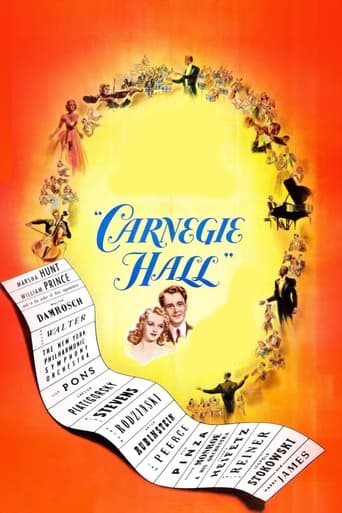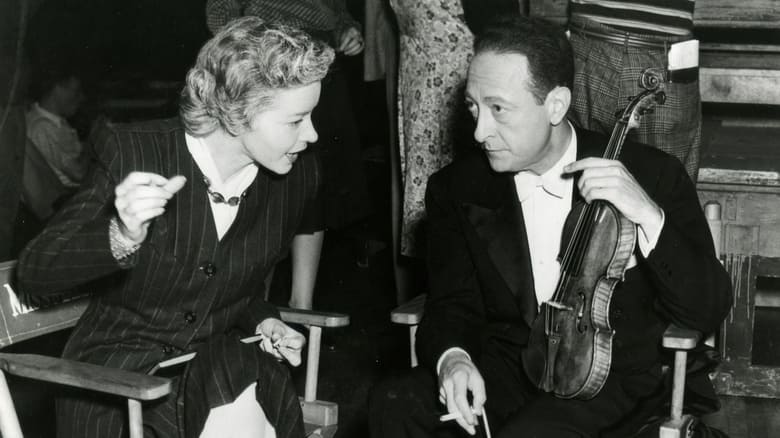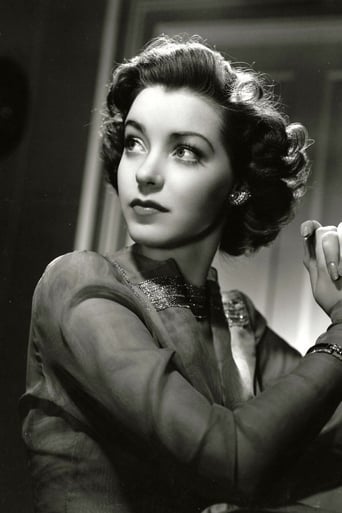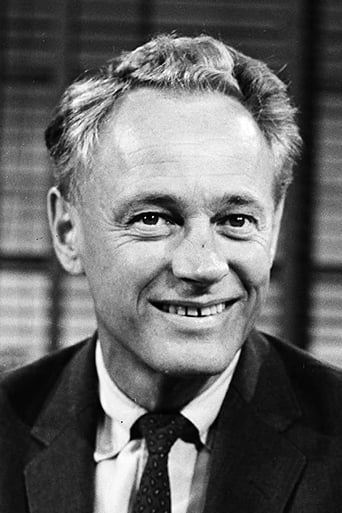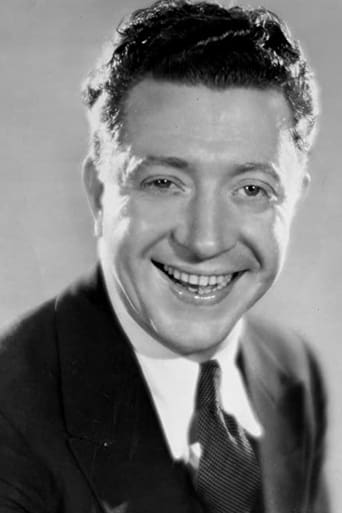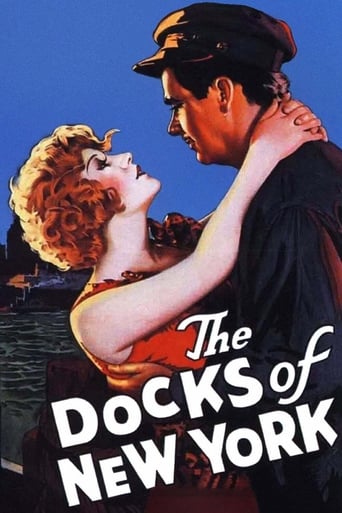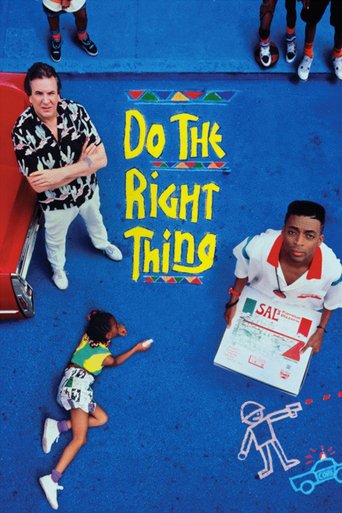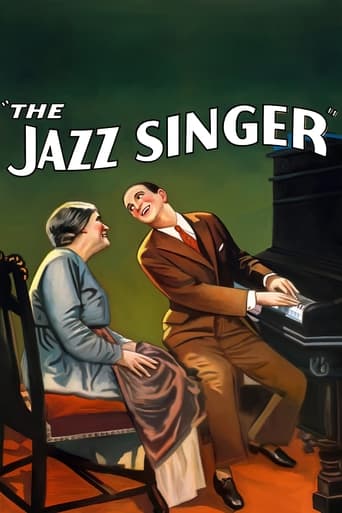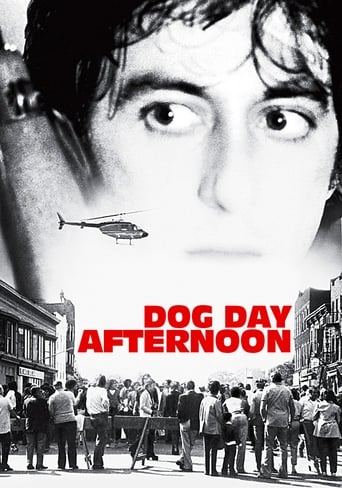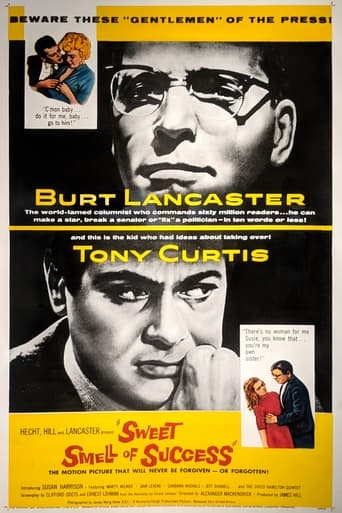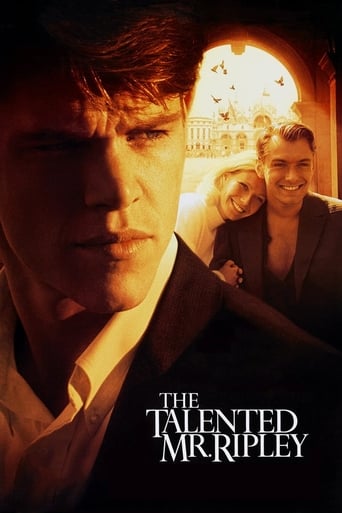Carnegie Hall (1947)
A young Irishwoman comes to the United States to live and work with her mother as a cleaning lady at Carnegie Hall. She becomes attached to the place as the people she meets there gradually shape her life. The film also includes a variety of performances from some of the foremost musical artists of the times: conductors Bruno Walter & Leopold Stokowski, solists Arthur Rubinstein & Jascha Haifetz, singers Lily Pons & Jan Peerce and bandleader Vaughn Monroe among many others.
Watch Trailer
Cast


Similar titles
Reviews
Surprisingly incoherent and boring
Memorable, crazy movie
There are moments in this movie where the great movie it could've been peek out... They're fleeting, here, but they're worth savoring, and they happen often enough to make it worth your while.
Exactly the movie you think it is, but not the movie you want it to be.
As an enormous lifelong fan of classical music and opera, 'Carnegie Hall' was seen with much eagerness and no hesitation. After seeing it, the film isn't great but there are also a lot of pleasures, though perhaps one will enjoy it better if a classical music fan to recognise the music and the stars involved.The weakest element of 'Carnegie Hall' is the story, which is pure paper thin hokum, that gets increasingly thinner, draggy and credibility straining as the film progresses. Didn't mind that it was a clichéd kind of story, there are a lot of clichéd stories in films that still work, did mind that not much interesting was done with the non-musical side of the film. Also at times feels too stretched and over-stuffed with a few scenes that go on a bit longer than needed and with too many characters.Contrived and flimsy scripting also works against 'Carnegie Hall', and most of the acting that's not the classical music stars is not particularly great with William Prince being rather anonymous. The sole exception in this regard is Marsha Hunt, who deserved better but brings authority, poignancy, firmness and dignity to her role.Onto the positives now. Much of 'Carnegie Hall' looks very pleasing, with some lovely noir-like lighting, atmospheric use of shadows and mostly fluid and eye-catching camera work (if admittedly a bit static in the early parts). It's competently directed, informative, inspiring and moving in the best of its parts, and absolutely nothing can be said against Hunt.Best of all are the music and the assemblage of classical music/operatic stars. On the musical side, 'Carnegie Hall' couldn't have been more blissful, with the opportunities of seeing and hearing Tchaikovsky, Chopin, Mozart, Delibes et al. performed so brilliantly being a joy, and while this may not be good news to some to me it was lovely to have musical selections sizeable in length, these pieces are just too good to only have in snippet form so having it done the way it was here felt like the music and performers were being done justice.With the stars, picking a favourite is impossible and you not only see them on top form but you see their personalities. The virtuosity of Artur Rubenstein in the Chopin, with those enigmatic flourishes, was a delight, and Jascha Heifetz plays Tchaikovsky's Violin Concerto at a tempo that has never been done that fast and what sounds impossible is done with envious nimbleness by him with the intensity enough to make fires blaze. Leopold Stokowski features interestingly, again conducting Tchaikovsky in a way seldom done before, and 'Carnegie Hall' offers a rare chance of seeing Fritz Reiner and Walter Damrosch on film.As an opera fanatic, particularly of the "golden age of opera", it was even more of a treat seeing fairly rare glimpses of Lily Pons, Rise Stevens and Ezio Pinza in their signature roles and arias of Lakme, Carmen and Don Giovanni respectively, all three sounding glorious.Overall impressions are when it comes to the musical side of things 'Carnegie Hall' soars majestically. In the sections where story or drama is featured more, it does falter. 7/10 Bethany Cox
Taken from an idea by Silent Screen Star Seena Owen low budget director Edgar G. Ulmar pays homage to classical music and captures the performances of many of the greatest living soloist and conductors of the 1940's. The plot is simple and somewhat sweet. Cute little Irish immigrant moves to the New York during the opening of the great hall. By coincident her aunt works there and she is allowed to watch the performance. Struck by it's beauty, she develops a life-long obsession with Carnegie Hall; where she eventually begins work as a cleaning woman. She marries a pianist, and during the weakest part of the script they shoot from many years of bliss to a marriage ending fight when he decides to quit the Hall. Conveniently, he falls down the stairs drunk and dies. While their son is growing up mom continues to guide his life toward The Hall. Studying, practicing finally becomes a burden for him and in his late teens or early twenties meets a young singer and he runs off with her and joins a dance band. Time goes by and our mom has become old, she has risen through the ranks of Carnegie Hall and has become rich, but she does not have her son. She realizes that she has made mistakes and when the young wife of her son asks for her help she rushes to make everything alright...of course we end up back at The Hall for a happy ending. All this is merely decoration for the directors true purpose, the music and the artists. I had the chance to meet Marsha Hunt many years ago when I was a young man in L.A. She was a very pleasant women and still attractive, but I never had any idea how beautiful she was as a young woman. She is stunning and her talent is no less so. I am not amazed that such a talent is lost in early Hollywood. I have heard so many stories about similar destruction of great talent, by less talented studio heads of the time. They had no idea what to do with intelligent and talented women. It was all of our loss, however, that Ms. Hunt was not able to command a career that would have been fitting. In this movie, she alone carries the story. As ridiculous as the script is, and the ton of plot holes she makes the film watchable when the musicians are not on screen.
Long before Carnegie Hall came to the big screen, modern swing music arrived there with Benny Goodman and his clarinet with that famous concert in the late Thirties. So the idea behind the film was already quite dated.But the rather hokey plot of this film only serves as a frame for numbers by more classical artists than ever gathered on one movie at the same time. If you love classical music and the great artists who are no longer with us from the past than this is your movie and no review good or bad will have anything to do with whether you see it or not.Such as it is the story revolves around Marsha Hunt whose mother was a charwoman at Carnegie Hall and she started there as well and worked her way up to part of the management. She married and had a son who grew up to be William Prince who listening to the greatest classical artists around got a real musical education. But all Prince wants to do is play piano with Vaughn Monroe.Without giving too much away, let's say that the education was not in vain after all.With people like Walter Damrosch and Leopold Stakowski conducting symphonies and such artists as Lily Pons, Rise Stevens, Jan Peerce and my favorite Ezio Pinza on the screen, if you're a classical music fan this movie is a must for you. The story is easy to take as well and there's a nice performance by Frank McHugh as Carnegie Hall's eternal doorman.
If you love classical music, CARNEGIE HALL will give you an earful. Some of the great performers of the time are seen in concert, such as Leopold Stokowski conducting Tchaikovsky's "Symphony in E Minor," Artur Rubenstein doing Chopin's "Polonaise" and "The Ritual Fire Dance" at the piano keyboard, Jascha Heifetz and his nimble fingers on the violin for Tchaikovsky's "Concerto for Violin," all performed brilliantly and making for a memorable soundtrack.But the story is a mawkish affair--MARSHA HUNT wanting her son to be a concert pianist who will some day play at Carnegie Hall, while he has other plans that include the world of modern music. When he joins the Vaughan Monroe band, mother and son sever their relationship and the rest of the tale treads the predictable movie line of many a backstage musical with no inspiration from the screenwriter.It doesn't help that Hunt's age make-up is as artificial as the thin plot that is supposed to hold all of this music together. WILLIAM PRINCE as her son makes almost no impression and MARTHA O'DRISCOLL is merely eye candy as the girlfriend who becomes his wife.If only the producers had a script worthy of all this music. RISE STEVENS does a nice job on an aria from "Carmen" and LILY PONS gets to do her famous "Bell Song," but neither of these acts are staged as more than "get up to the mike and sing." EZIO PINZA and JAN PEERCE are a bit luckier in the staging of their arias.Music lovers will certainly appreciate all the musical bits, some of which go on for quite a lengthy time while what little plot there is comes to a complete standstill.A feast for the ears, but not much can be said about the film itself which is more like a test of endurance over two hours and sixteen minutes of running time.Trivia note: All of the performing scenes were actually filmed at the newly refurbished Carnegie Hall.

